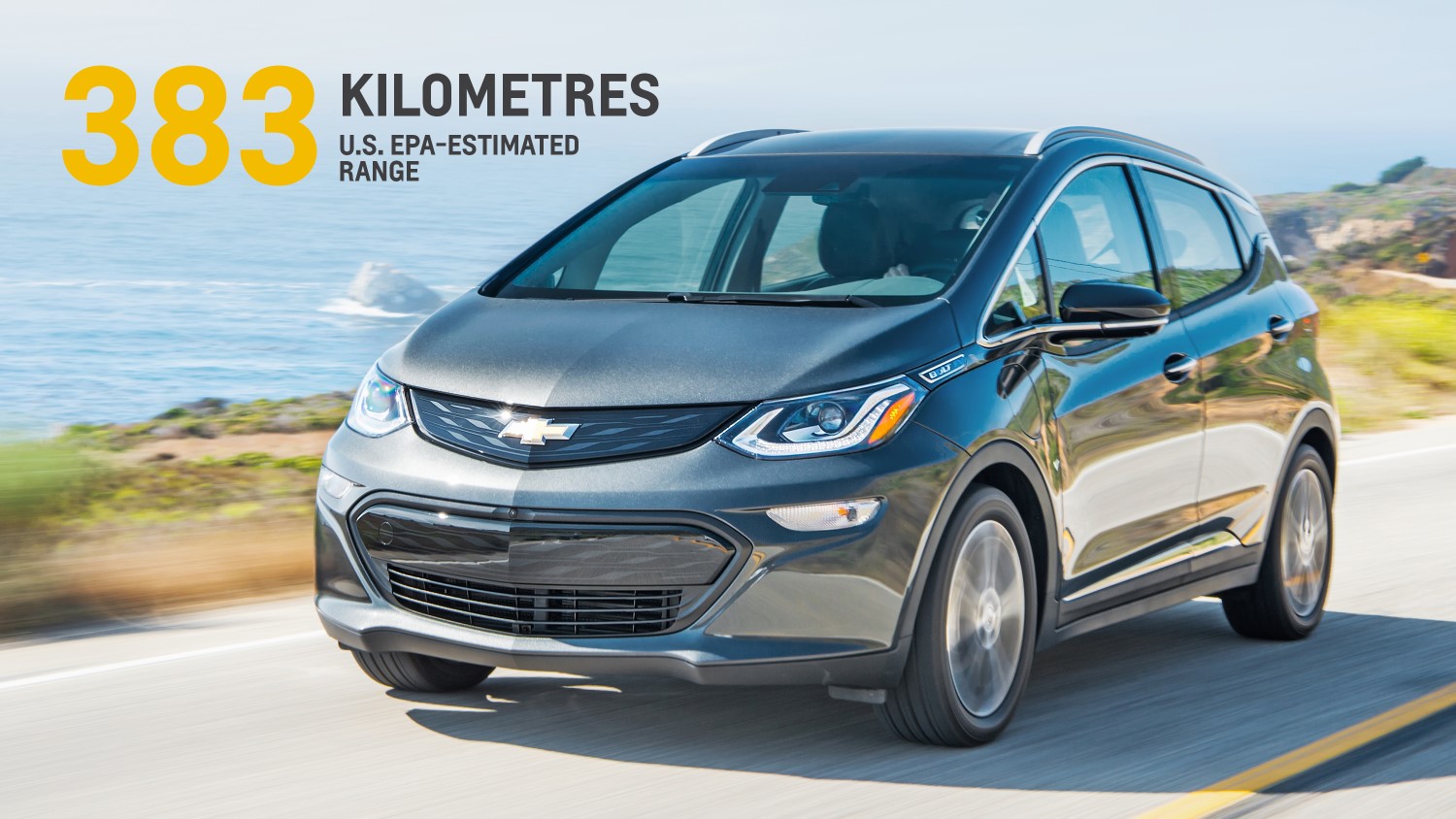Electric cars could dominate roads in wealthy cities by 2030, study says
 |
| Cars like the Chevy Bolt and Tesla Model 3, that get over 200-miles on a charge for $30,000 will reduce reluctance to buy EVs |
Electric vehicles could account for two-thirds of all cars on the road by 2030 in wealthy cities such as London and Singapore due to stricter emissions regulations, falling technology costs and more consumer interest, a report says.
The research report was presented at the Future of Energy Summit in London on Tuesday by consultancy McKinsey & Co. and Bloomberg New Energy Finance.
EVs are becoming more accepted as automakers such as Volkswagen Group and Daimler announce plans to roll out new models in the next few years.
Volkswagen presented its I.D. concept car at the Paris auto show, an EV that brand chairman Herbert Diess said will sell for about the price of a Golf diesel and marks the first of 30 new EVs that VW plans for its lineup by 2025.
Daimler CEO Dieter Zetsche too has said the company's Mercedes-Benz brand will launch 10 EVs under a new subbrand called EQ as the marque aims to be the market leader in premium electric cars by 2025.
Subsidies and tax breaks
To help lower harmful greenhouse gas emissions, governments are trying to encourage their uptake through subsidies and tax breaks and introducing low-emissions zones.
Technology costs are also falling rapidly. The cost of a lithium ion battery pack fell 65 percent in 2015 to around $350 per kilowatt hour, from $1,000/KWh in 2010, and is expected to fall below $100/KWh over the next decade, the BNEF report showed.
"In densely populated, high-income cities like London and Singapore … electric vehicles could represent as much as 60 percent of all vehicles on the road by 2030, the result of low-emission zones, consumer interest and favorable economics," the report said.
However, the growth of EVs could be a threat to the automotive sector.
"The automotive sector faces a future that could be fundamentally different from its past and may need to consider moving from using a pure product-ownership model toward providing a range of transportation services," the report said.
Gasoline retailers should also be considering further monetization of their current assets and how to get more value from electric charging, the retail market and fleet services.
"Electric vehicles could take off anytime," as shifts in social preferences cannot be modeled, Spencer Dale, BP's chief economist, said at the summit.
Automotive News Europe contributed to this report. Autonews
